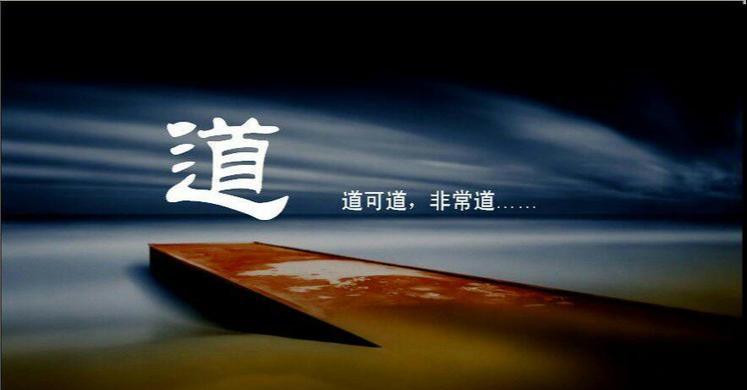Speaking of the Tao Te Ching, I think every Chinese will not feel strange, the Tao Te Ching is a classic philosophical work of Lao Tzu, the founder of Taoism, during the Spring and Autumn period and the Warring States Period. The Tao Te Ching is also known as "Lao Tzu" and "Tao Te Ching", of course, the "Tao Te Ching" is also known as "Five Thousand Words", "Lao Tzu Five Thousand Texts", as the name suggests, the Tao Te Ching has only more than 5,000 words in the whole text, and the version of the Tao Te Ching that is circulating today is the Annotation of the Cao Wei philosopher Wang Bi during the Three Kingdoms period, with a full text of 5162 words.

Don't look at the "Tao Te Ching" only more than 5,000 words, that is a pearl of characters, the language is concise, involving self-cultivation, governance, the use of soldiers, health and many other fields.
Some of the idioms that people are familiar with today, such as "the heavens are long and the earth are long", "Yi Rou Ke Gang", "Shangshan is like water", "Great wisdom is like foolishness", "Skynet is restored, neglect is not leaked", etc., are from the Tao Te Ching.
"Tao Ke Dao, Extraordinary Tao", is the first sentence of the opening chapter of the Tao Te Ching, which is also a very important and at the same time obscure sentence in the Tao Te Ching, regarding the explanation of "Dao Ke Dao, Extraordinary Tao", there are the following three statements:
1, as we all know, the ancients in the use of "character", will be taboo the name of the emperor, "Dao ke Dao, very Dao" in the "Chang" word, originally "Heng" character, in order to avoid the name of the Han Heng Emperor, only changed to "Chang", then, according to this statement "Dao ke Dao, non-Heng Dao" what does it mean?
It can be simply understood that if the Tao is spoken, then it is not an eternal and everlasting "Tao," that is, a double negation, in short, the "Tao" cannot be spoken. In ancient times, Han Fei, Yan Zun, Wang Bi, Cheng Xuanying, and others all advocated this view, believing that "the Tao cannot be spoken."
2. It is also believed that "constant" means "constant", and that although the Tao can be said, the Tao is not constant, but developing and changing.
3. The third interpretation, "constant" is not explained by "constant", but by the view that although the Tao can be spoken, it is not the ordinary way that people think of.
So, which of the above three explanations do you agree with? Or what other explanations do you think "The Tao is the Tao, the Extraordinary Tao"?
The above three common interpretations of the "Tao, the Tao, the Extraordinary Tao" all embody the "Tao" mentioned in the Tao Te Ching, which is a grand concept that is even eternal and eternal, but also developing and changing.
It is also believed that to explain the "Tao, the Extraordinary Tao", it is necessary to connect the following in order to be more thorough. After the Tao Te Ching openly introduced the concept of "Tao" and believed that "the Tao is dao, the extraordinary tao", it is also said: the name can be named, the name is not famous. Nameless, the beginning of heaven and earth, famous, the mother of all things.
There is an interpretation that the "name" that appears below serves the "Tao" above, further explaining the "Tao", so the "name" that appears below should be interpreted around the "Tao".
The name can be named, very famous. That is to say, the Tao is a concept, give it a name, call it "Tao", but this is only a name, does not represent the "Tao" itself, everything, the name is just a concept, "Tao" is the same, even if you call it another name, no matter how the name changes, the "Tao" is still there.
Therefore, it is not necessary to stick to names, not to external forms, but to understand and feel the essence of things, to understand the essence of the Tao.
Based on the above analysis, "nameless, the beginning of heaven and earth, famous, the mother of all things" is relatively easy to interpret, that is to say, before people give the Tao a name, the "Tao" already exists, it exists in the "beginning of heaven and earth", call this "beginning of heaven and earth" already existing "Tao" as the Tao, "Tao" is already the mother of all things.
The above are some of the circulating explanations in the Tao Te Ching about "the Tao is the Tao, the Extraordinary Tao", do you agree? Comments are welcome.